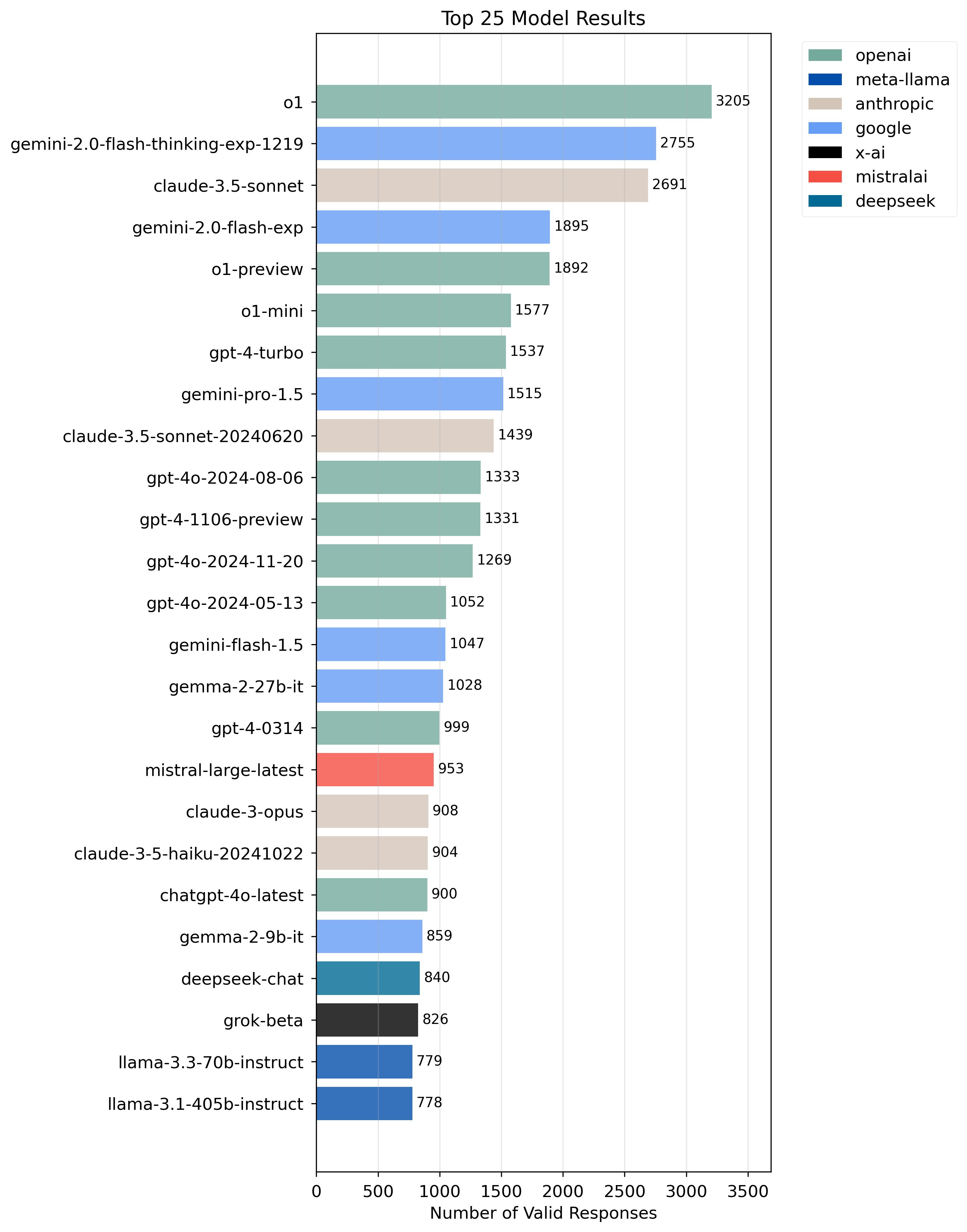
Richard Whittle receives financing from the ESRC, Research England and was the recipient of a CAPE Fellowship.

Stuart Mills does not work for, consult, own shares in or get funding from any company or organisation that would gain from this article, and has actually disclosed no pertinent associations beyond their academic visit.

Partners
University of Salford and University of Leeds supply financing as founding partners of The Conversation UK.
View all partners
Before January 27 2025, it's reasonable to say that Chinese tech company DeepSeek was flying under the radar. And then it came considerably into view.
Suddenly, everybody was discussing it - not least the shareholders and executives at US tech firms like Nvidia, Microsoft and Google, which all saw their business values tumble thanks to the success of this AI start-up research lab.
Founded by an effective Chinese hedge fund supervisor, the lab has taken a various method to expert system. Among the significant differences is expense.
The development expenses for Open AI's ChatGPT-4 were said to be in excess of US$ 100 million (₤ 81 million). DeepSeek's R1 design - which is utilized to create material, fix reasoning problems and develop computer system code - was supposedly used much fewer, wiki.vifm.info less powerful computer system chips than the similarity GPT-4, resulting in costs claimed (however unproven) to be as low as US$ 6 million.
This has both financial and geopolitical effects. China is subject to US sanctions on importing the most sophisticated computer system chips. But the reality that a Chinese start-up has actually been able to construct such an innovative design raises concerns about the effectiveness of these sanctions, and whether Chinese innovators can work around them.
The timing of DeepSeek's brand-new release on January 20, as Donald Trump was being sworn in as president, signalled a difficulty to US supremacy in AI. Trump responded by explaining the minute as a "wake-up call".
From a financial perspective, the most visible impact might be on consumers. Unlike competitors such as OpenAI, which just recently began charging US$ 200 each month for access to their premium models, DeepSeek's equivalent tools are presently free. They are also "open source", enabling anybody to poke around in the code and reconfigure things as they wish.
Low expenses of advancement and efficient use of hardware seem to have afforded DeepSeek this cost advantage, and have actually already forced some Chinese rivals to decrease their costs. Consumers ought to prepare for lower costs from other AI services too.
Artificial financial investment

Longer term - which, in the AI industry, can still be remarkably quickly - the success of DeepSeek could have a big effect on AI investment.
This is due to the fact that up until now, practically all of the big AI business - OpenAI, Meta, Google - have been struggling to commercialise their models and pay.
Previously, this was not necessarily a problem. Companies like Twitter and Uber went years without making revenues, prioritising a commanding market share (great deals of users) rather.
And companies like OpenAI have actually been doing the exact same. In exchange for constant investment from hedge funds and other organisations, kenpoguy.com they assure to build a lot more effective models.
These designs, business pitch most likely goes, will enormously boost efficiency and after that success for services, which will wind up delighted to spend for AI items. In the mean time, all the tech companies need to do is gather more data, purchase more powerful chips (and more of them), and develop their models for longer.
But this costs a great deal of money.
Nvidia's Blackwell chip - the world's most powerful AI chip to date - expenses around US$ 40,000 per unit, and AI companies typically need 10s of countless them. But up to now, AI business haven't actually struggled to attract the required financial investment, users.atw.hu even if the amounts are big.
DeepSeek might alter all this.
By demonstrating that developments with existing (and possibly less advanced) hardware can achieve similar performance, it has actually provided a caution that throwing cash at AI is not ensured to pay off.
For instance, prior to January 20, it might have been presumed that the most sophisticated AI designs require huge information centres and other infrastructure. This indicated the likes of Google, Microsoft and OpenAI would deal with restricted competition because of the high barriers (the vast cost) to enter this market.
Money worries
But if those barriers to entry are much lower than everyone thinks - as DeepSeek's success recommends - then lots of enormous AI financial investments suddenly look a lot riskier. Hence the abrupt effect on big tech share prices.
Shares in chipmaker Nvidia fell by around 17% and ASML, which develops the machines needed to produce advanced chips, likewise saw its share cost fall. (While there has been a small bounceback in Nvidia's stock cost, it appears to have actually settled below its previous highs, showing a brand-new market reality.)
Nvidia and ASML are "pick-and-shovel" business that make the tools needed to produce an item, instead of the item itself. (The term comes from the concept that in a goldrush, the only person ensured to generate income is the one offering the choices and shovels.)
The "shovels" they sell are chips and chip-making equipment. The fall in their share rates came from the sense that if DeepSeek's more affordable approach works, the billions of dollars of future sales that financiers have actually priced into these business may not materialise.
For the likes of Microsoft, Google and Meta (OpenAI is not publicly traded), the expense of structure advanced AI may now have actually fallen, indicating these companies will need to invest less to stay competitive. That, for them, could be an advantage.
But there is now doubt regarding whether these business can effectively monetise their AI programs.

US stocks make up a historically big portion of global investment today, and innovation business comprise a historically large portion of the value of the US stock market. Losses in this market might force financiers to offer off other financial investments to cover their losses in tech, leading to a whole-market recession.
And it shouldn't have come as a surprise. In 2023, forum.pinoo.com.tr a dripped Google memo warned that the AI market was exposed to outsider disturbance. The memo argued that AI business "had no moat" - no protection - against competing designs. DeepSeek's success may be the evidence that this is real.








